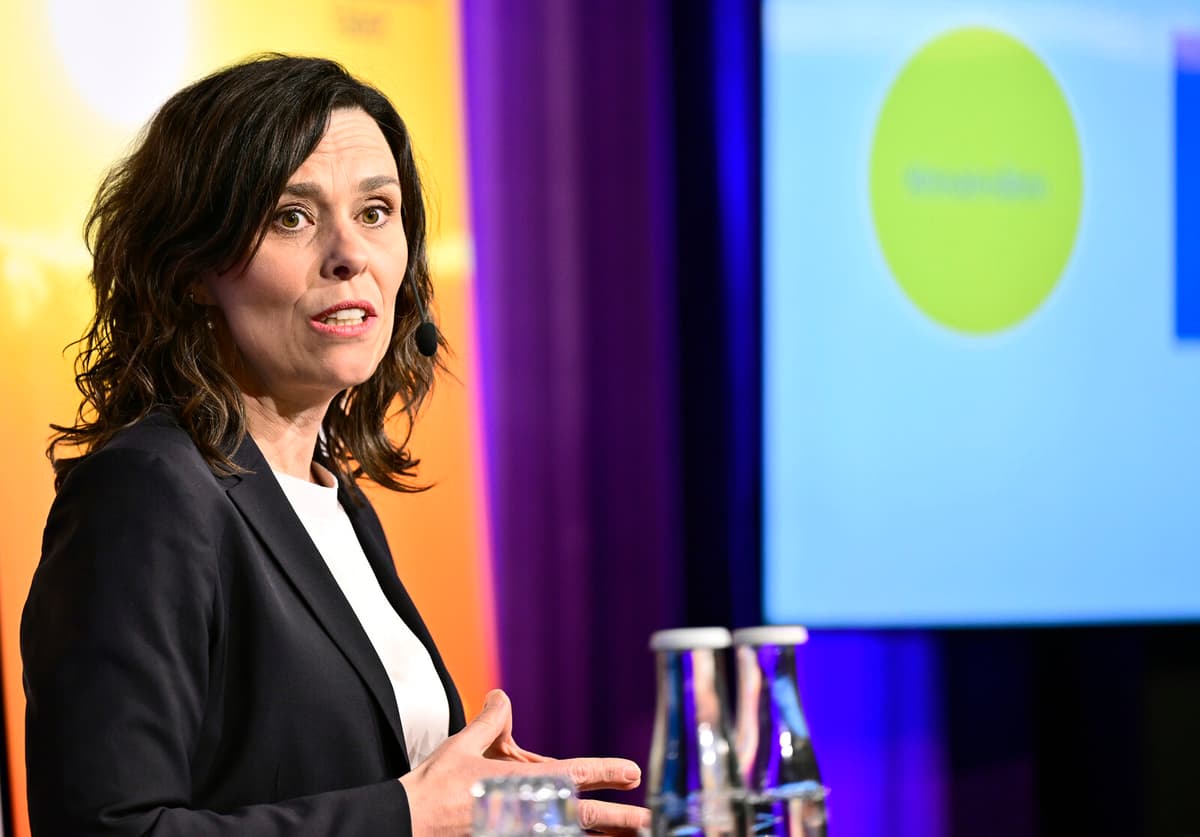The conclusion of the council's review of the government's current climate policy is that it is not enough – neither to achieve Sweden's climate goals nor the EU's commitments.
When we see that we had a record warming last year, we think that one should deliver on one's own commitments and also act proactively in the EU and develop new policies, says Åsa Persson, the council's chairperson.
The council points out that some decisions made during 2024 are going in the right direction, but they do not outweigh earlier decisions that have contributed to increased emissions – primarily lower tax on fuel and significantly lower reduction obligation, i.e., less biofuel being mixed into gasoline and diesel.
Not enough
According to the council, stricter reduction obligation and higher taxes on fossil fuels are the measures that can contribute to the largest emission reductions in the short term. Now, the government has made a decision to increase the reduction obligation somewhat, but it is not enough.
We see that Sweden increased emissions last year due to earlier decisions, and that trend needs to be broken. Now, we have among the lowest prices on gasoline and diesel in Europe, so there is room for it. And many surveys show broad support for climate transformation in Sweden, says Åsa Persson.
Moreover, the time window is rapidly shrinking to make decisions so that the 2030 goals can be achieved. The Climate Policy Council believes, among other things, that the government must decide on an action package by 2025 that increases the uptake of carbon dioxide in forests and land and reduces emissions within the ESR sector, primarily transportation and agriculture.
Bitter medicine
This is a bitter medicine for the government, which has done the opposite during the mandate period.
However, more expensive costs for driving can be combined with redistributive policy measures to protect vulnerable groups, according to the council.
The long-term goal is for Sweden to have zero net emissions of greenhouse gases by 2045.
The gap is still significant, but it is positive that it has gradually decreased in recent years, says Åsa Persson, the council's chairperson.
Regarding the government's own prognoses, they are deemed to be overly optimistic and without safety margins.
In this year's report, the council has placed a special focus on agriculture's contribution to climate transformation. Despite agriculture having a significant impact on the climate and already being affected by ongoing climate change, there is no common goal for agriculture's contribution to climate transformation.
Emissions of greenhouse gases from the sector have been virtually constant over the past 35 years.
For example, it must be cost-effective for a farmer to work climate-smart, says Olof Johansson Stenman, vice chairperson of the Climate Policy Council.
When it comes to energy policy, the Climate Policy Council believes that investments in nuclear power can hinder investments in other fossil-free energy sources.
Our recommendation to the government is that a broader consequence analysis should be made, looking at all energy sources before proceeding with proposals for financing, says Åsa Persson.
Decide by 2025 on an action package that increases the net uptake of greenhouse gases in forests and land.
Decide by 2025 on measures to reduce emissions within the ESR sector. Stricter reduction obligation and higher taxes on fossil fuels are the most effective measures in the short term.
Sweden needs to play an offensive role in developing the EU's climate policy towards 2040.






